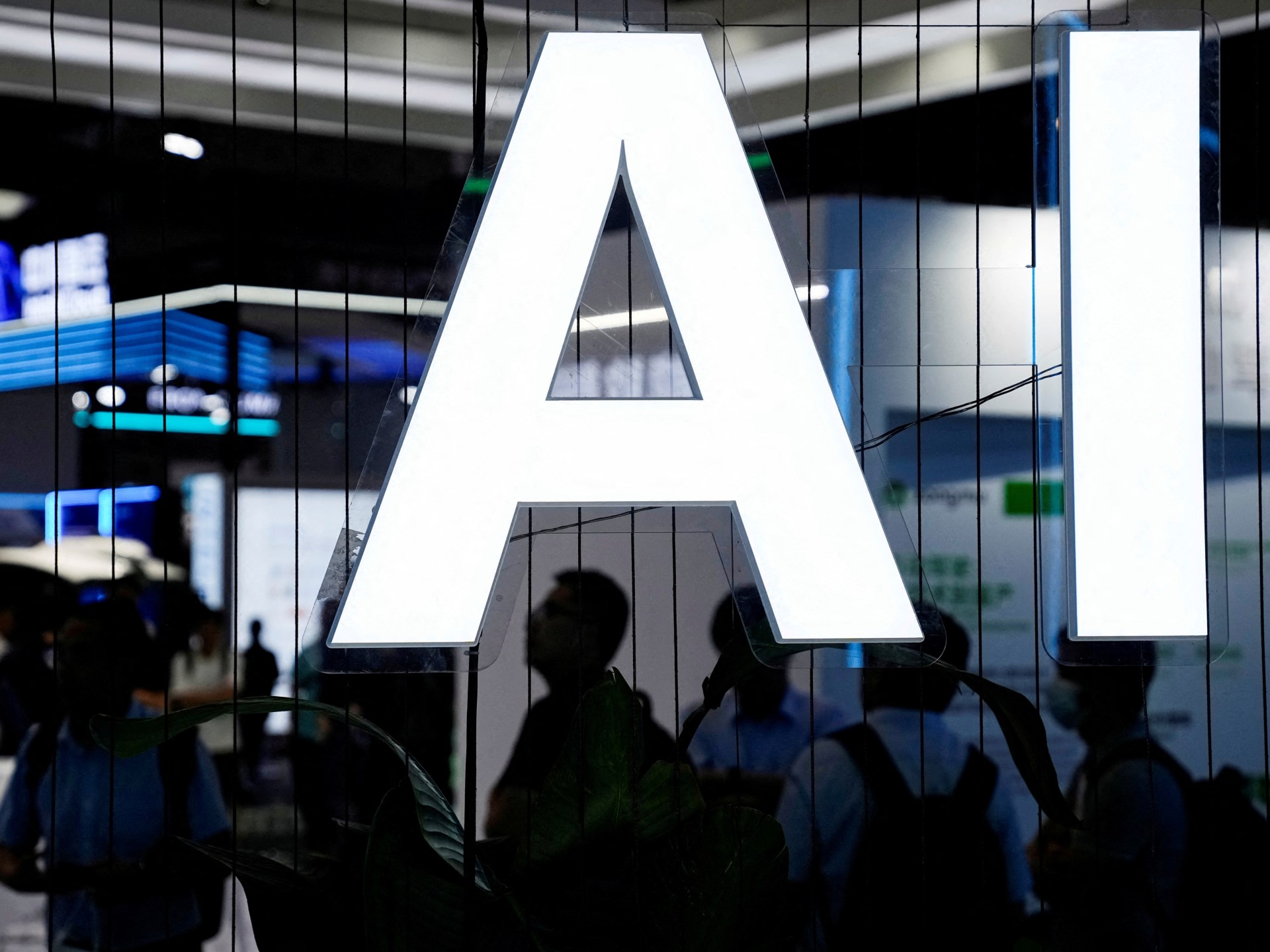The UN General Assembly has called for a set of international guidelines to address the risks and benefits of AI.
The United Nations General Assembly has unanimously adopted the first global resolution on artificial intelligence to encourage the protection of personal data, the monitoring of AI for risks, and the safeguarding of human rights.
The resolution, sponsored by the United States and co-sponsored by 123 countries, was adopted by consensus with a bang of the gavel and without a vote on Thursday, meaning it has the support of all 193 UN member nations.
“This resolution establishes a path forward on AI where every country can both seize the promise and manage the risks of AI,” US Vice President Kamala Harris said in a statement.
The resolution is the latest in a series of initiatives by governments around the world to shape AI’s development amid fears it could be used to disrupt democratic processes, increase fraud or lead to dramatic job losses, among other harms.
“The improper or malicious design, development, deployment and use of artificial intelligence systems … pose risks that could … undercut the protection, promotion and enjoyment of human rights and fundamental freedoms,” the measure says.
In November, the US, United Kingdom and more than a dozen other countries unveiled the first detailed international agreement on how to keep artificial intelligence safe from rogue actors, pushing for companies to create AI systems that are “secure by design.”
Europe is ahead of the US, with European Union lawmakers adopting a provisional agreement this month to oversee the technology, moving closer to adopting the world’s first artificial intelligence rules.
The administration of US President Joe Biden has been pressing lawmakers for AI regulation, but a polarised US Congress has made little headway.
In October, the White House issued a new executive order to reduce AI risks to consumers, workers, and minority groups while bolstering national security.

